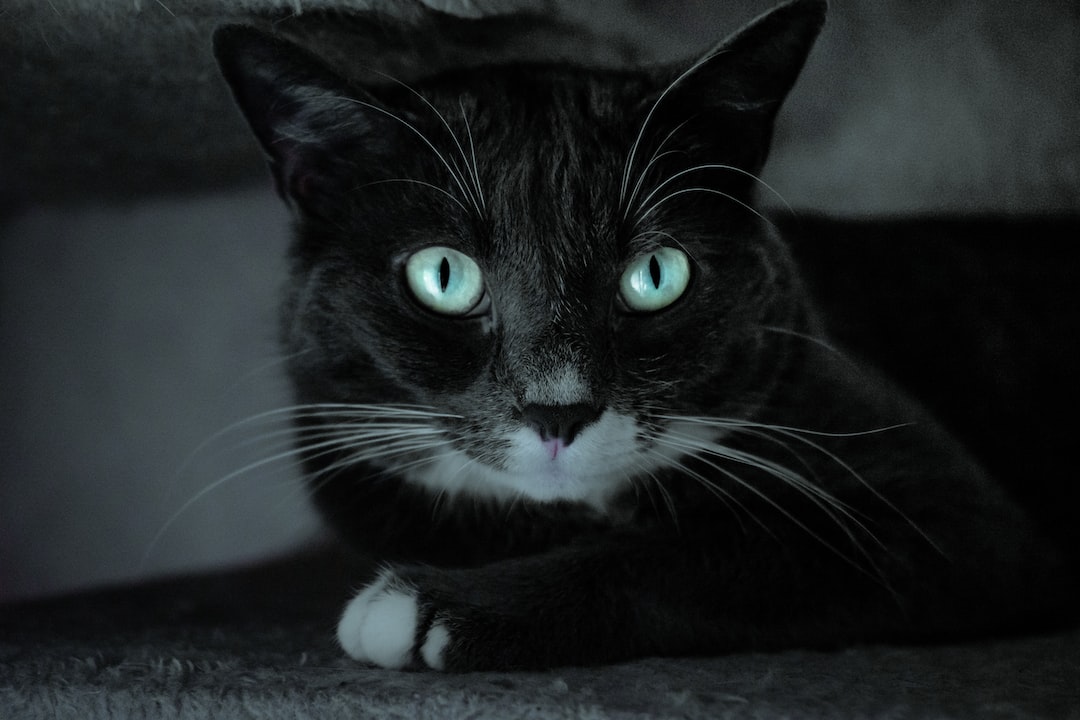Common Houseplants That Are Toxic to Pets
Bringing plants into your home can undoubtedly enhance the aesthetic appeal, purify the air, and create a calming ambiance. However, if you are a proud owner of a furry friend, particularly a puppy, it is crucial to be aware of the potential hazards that certain houseplants can pose. Some common houseplants can be toxic to pets, and it is important to ensure a safe environment for your beloved four-legged friend.
One of the plants to be cautious about is the popular and beautiful lily. While lilies are renowned for their elegance and fragrance, they can be extremely dangerous for puppies, as consuming any part of the plant can result in kidney failure. Whether it’s the leaves, petals, stems or even the pollen, lilies are highly toxic to dogs and cats alike. Additionally, certain variations of lilies, such as the Easter Lily and Tiger Lily, are particularly poisonous. If you have a puppy, it would be best to steer clear of lilies altogether to avoid any potential harm.
Another plant to be cautious about is the Peace Lily. While it is a popular choice among homeowners due to its low maintenance and exquisite blooms, peace lilies contain insoluble calcium oxalates that can irritate your puppy’s mouth and gastrointestinal tract. Ingesting parts of this plant can lead to drooling, vomiting, difficulty swallowing, and even swelling of the oral cavity. It is essential to keep peace lilies out of your puppy’s reach or opt for pet-friendly plants instead.
Dieffenbachia, commonly known as dumbcane, is yet another houseplant to be wary of if you have a puppy. The plant’s leaves contain calcium oxalate crystals, which can cause severe burning and irritation of the mouth if chewed or ingested. Symptoms may include drooling, excessive mouth irritation, and difficulty swallowing. To ensure your puppy’s safety, it is advisable to place dumbcane in an area inaccessible to them or choose a non-toxic alternative.
It is essential to note that this article only covers a few examples of toxic houseplants for puppies and that the list is not exhaustive. Every responsible pet owner should invest time in researching plants thoroughly before introducing them as part of their home decor. Several resources are available that provide comprehensive lists of toxic and non-toxic plants for pets.
To help protect your puppy from potential dangers, it is advisable to consult your veterinarian to gain a better understanding of which plants to avoid and which are considered safe. This knowledge will assist in creating a secure and pet-friendly environment where your puppy can roam freely without any harm from toxic houseplants. Remember, being an informed pet owner is essential for the health and well-being of not just your puppy, but all animals in your care.
************
Want to get more details?
Petland Summerville, South Carolina
https://www.petlandsummerville.com/
843-494-5210
975 Bacons Bridge RD, Summerville SC 29485
Our mission is to make a difference in people’s lives by matching the puppies’ needs with the owner’s lifestyle. We provide a safe, clean, and informative environment to find the perfect match that can’t be found online.

